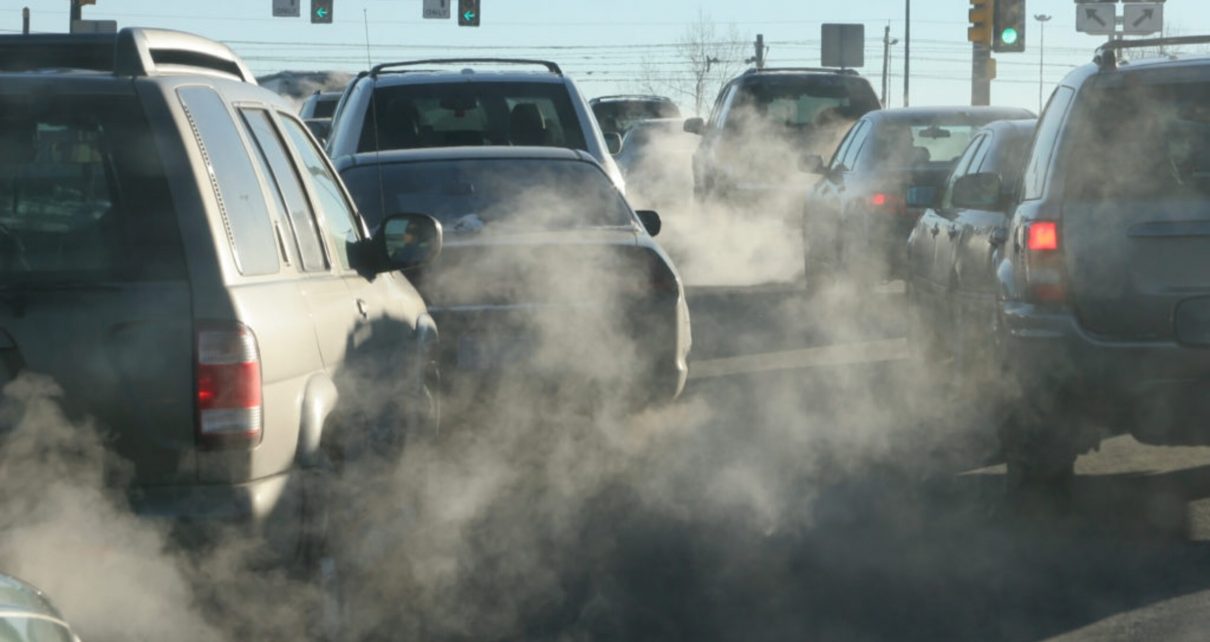The Nigerian Thoracic Society (NTS) has called on all levels of government to take additional action to reduce air pollution in the nation.
In a statement released in Abuja following its two-day Annual General Meeting and Scientific Conference with the topic “The Environment and Lung Health,” the organisation made the appeal.
The communique was signed by the society’s President, Prof. Prince Ele, and Secretary-General, Dr. Abiona Odeyemi, and it was made accessible to newsmen on Monday.
The ordinary Nigerian’s longevity, according to the society, is significantly and badly affected by air pollution.
Members of the thoracic society also agreed that “air pollution has continued to be a menace to our society largely as a result of human activities.”
“Consequently, comprehensive and coherent implementation of Respiratory Protection Programmes (RPP) have remained unrealisable,” he said.
The recent air pollution in some areas of Rivers, which was brought on by illicit crude oil refining and oil bunkering, was cited by the society as a prime example of how unchecked human activity might produce toxic quantities of pollutants.
It was also mentioned that human activity, which produced a lot of environmental pollution, contributed to the environment’s burden.
The committee added that in order to develop workplace and public health policies and surveillance that would support lung health, data-based evidence was needed.
The avoidance of environmental air pollution, particularly at the workplace, also required a multidisciplinary approach, it was emphasised.
“Although workplace laws on respiratory protection are in existence, many employees and employers are not aware of these laws, and the laws are usually not enforced”, the society said.
The panel consequently came to the conclusion that in order to solve these challenges, governments at all levels should implement respiratory protection programmes in workplaces and oversee the working environment to verify that existing regulations are being followed.
It prompted the government to educate the public on the significance of protecting workplaces from environmental air pollution.
In order to safeguard the public from lung disorders, the association also requested the federal government to provide the nation’s hospitals with comprehensive lung problem diagnosis and dust sampling capabilities.



